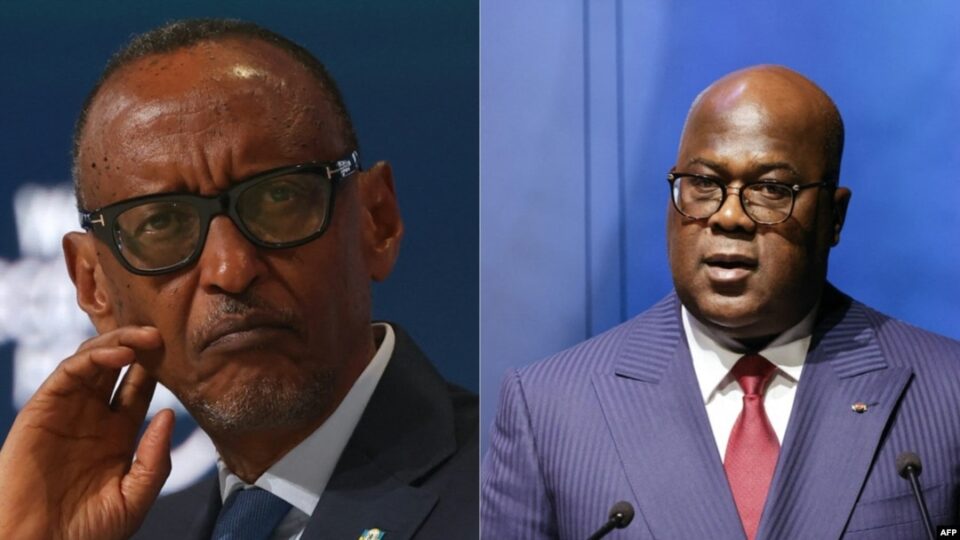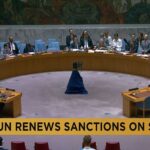By John Thiongo
NAIROBI, Kenya. — The Democratic Republic of Congo (DRC) and Rwanda are nearing a U.S.-mediated peace agreement aimed at resolving longstanding tensions exacerbated by the presence of the M23 rebel group in eastern Congo. Central to the negotiations is a proposed framework that would allow Rwanda to legally process Congolese minerals such as tungsten, tantalum, and tin, a move intended to curb illicit trade and stabilize the region.
The United States, through its envoy Massad Boulos, has been facilitating discussions between the two nations.
On April 25, 2025, the foreign ministers of the DRC and Rwanda signed a Declaration of Principles in Washington, committing to non-interference in each other’s internal affairs and to addressing the threat posed by non-state armed groups.
The proposed mineral trade agreement is seen as a strategic effort to reduce the DRC’s reliance on Chinese processing facilities and to integrate Rwanda into a transparent supply chain.
However, the DRC insists that any economic cooperation must be contingent upon the withdrawal of Rwandan troops and M23 fighters from its territory.
Rwanda has denied supporting the M23 rebels, asserting that its military actions are defensive measures against threats from within the DRC.
Despite these denials, the presence of Rwandan troops in eastern Congo has been a point of contention, with the United Nations estimating thousands of Rwandan soldiers operating in the region.
The conflict has had a devastating impact on the local population, with millions displaced and widespread human rights abuses reported.
Human rights organizations emphasize that any peace agreement must address issues of justice and accountability to ensure lasting stability.





